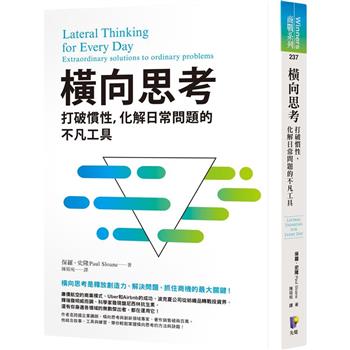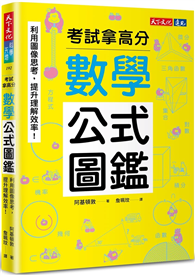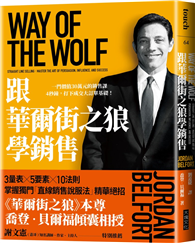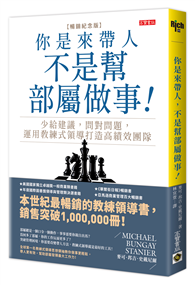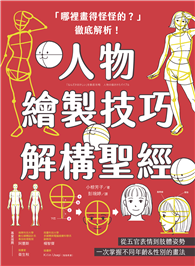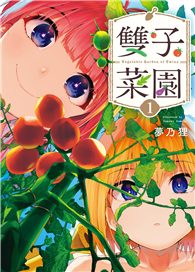The ready availability of donated sperm and eggs has made possible an entirely new form of family. Children of the same donor and their families, with the help of social media and the internet, can now locate each other and make contact. These genetic strangers, along with the donor, sometimes form meaningful connections that blossom into lively and longstanding groups who maintain a Facebook page, hold regular reunions, and enjoy close friendships. This book is about these unprecedented families, networks of strangers linked by genes, medical technology, and intense curiosity.
Based on over 350 interviews with children and parents from all over the United States, Rosanna Hertz and Margaret K. Nelson explore what it means to be a donor sibling and what it’s like to be a parent who discovers four, six, or even a dozen children who share half the DNA of their offspring. Random Families chronicles the chain of choices that couples and single moms make-from how to conceive, how to accept donors into their family trees, and what to do when they discover that other children share half their child’s DNA. Do shared genes make you family? Do kids find anything in common? What becomes of the chance networks that arise once parents and donor siblings find one another? Hertz and Nelson trace what happens in these groups over time and reveal the different motivations both kids and parents have for becoming part of them.
Random Families shares how these remarkable relationships, woven from bits of information, are transformed into new possibilities for kinship. The authors offer a highly readable account of life at the intersection of reproductive technology, social media, and the human desire for intimacy and identity.
| FindBook |
有 1 項符合
Random Families: Genetic Strangers, Sperm Donor Siblings, and the Creation of New Kin的圖書 |
 |
Random Families: Genetic Strangers, Sperm Donor Siblings, and the Creation of New Kin 作者:Hertz 出版社:Oxford Univ Pr 出版日期:2018-12-07 語言:英文 規格:精裝 / 16.5 x 24.1 x 2.5 cm / 普通級 |
| 圖書館借閱 |
| 國家圖書館 | 全國圖書書目資訊網 | 國立公共資訊圖書館 | 電子書服務平台 | MetaCat 跨館整合查詢 |
| 臺北市立圖書館 | 新北市立圖書館 | 基隆市公共圖書館 | 桃園市立圖書館 | 新竹縣公共圖書館 |
| 苗栗縣立圖書館 | 臺中市立圖書館 | 彰化縣公共圖書館 | 南投縣文化局 | 雲林縣公共圖書館 |
| 嘉義縣圖書館 | 臺南市立圖書館 | 高雄市立圖書館 | 屏東縣公共圖書館 | 宜蘭縣公共圖書館 |
| 花蓮縣文化局 | 臺東縣文化處 |
|
|
圖書介紹 - 資料來源:博客來 評分:
圖書名稱:Random Families: Genetic Strangers, Sperm Donor Siblings, and the Creation of New Kin
Global Political Economy: Problems in a Transforming International Order
Who the F*ck Are You?: Read This Book to Find Your True Self!
Get Sh*t Done: Stop Procrastinating in Just 5 Minutes a Day
Good Friends: Bonds That Change Us and the World
Broken: Transforming Child Protective Services--Notes of a Former Caseworker
The Green Apple Tree
Estranged: How Strained Female Friendships Are Mended or Ended
Estranged: How Strained Female Friendships Are Mended or Ended
Still Small Voice
Sweeter Than Honey
Who the F*ck Are You?: Read This Book to Find Your True Self!
Get Sh*t Done: Stop Procrastinating in Just 5 Minutes a Day
Good Friends: Bonds That Change Us and the World
Broken: Transforming Child Protective Services--Notes of a Former Caseworker
The Green Apple Tree
Estranged: How Strained Female Friendships Are Mended or Ended
Estranged: How Strained Female Friendships Are Mended or Ended
Still Small Voice
Sweeter Than Honey
|

